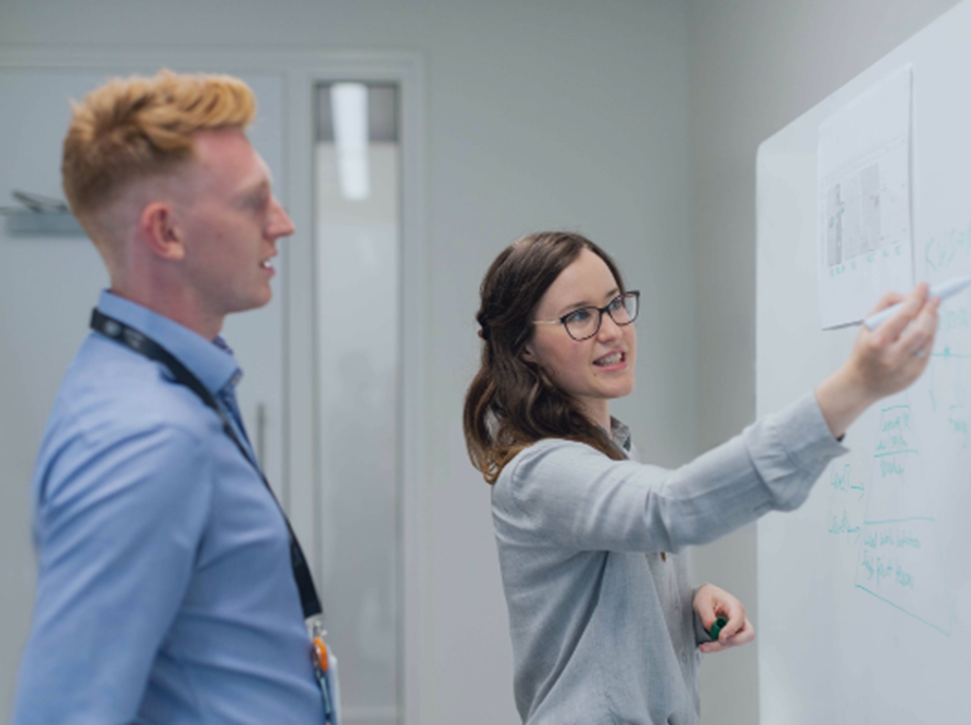You need to confirm you are over the age of 25 and living in Scotland
How to build confidence
Follow our tips for increasing your belief in your abilities.
What you will learn
- Practical ways to make yourself feel more confident in any aspect of your life
Having faith in your abilities plays an integral part in all aspects of your life - but where do you start?
Take a moment to ask yourself: ‘Would I feel confident discussing my skills and experiences with an interviewer today?’
If the answer is ‘no’, there could be many reasons why.
Perhaps you’ve been job hunting for quite some time. This could be your first time looking for a job or it could be after a long period of employment elsewhere. Perhaps you’re returning to work after redundancy, or even applying to university or college for the first time.
Identifying your skills, strengths and achievements and being able to discuss them confidently can put you in a great position at work. Our webinar 'What have I got to offer?' is a great place to start.
Fortunately, confidence is something you can work on over time and small steps can make a huge impact on how you feel very quickly. Here are five tips that will help you make a start.
-
Focus on what could go right
When we’re fearful about a situation, our survival instincts tell us to prepare for what could go wrong. Imagining the worst might make us feel like we’re in control. But this tends to heighten our nerves and make us more reluctant to try. Instead, focus on why you wanted to apply for this opportunity in the first place. Allow what you could gain from it to drive you to do your research properly and focus your energy on preparation.
-
Think about your body language
Having good body language doesn’t just make you look confident – it helps you feel confident too. Studies show that standing straight with your head held high helps to balance nerves as well as make you look assertive. If doubt sets in and you starting to panic, you can also control your breathing for immediate relief. You can find more tips on the NHS Inform website.
-
Reflect
Take a moment to think of things in your work or personal life that you have done well in the past. What skills and strengths did you use? How did you feel afterwards? Every so often, it can be helpful to reflect on things to boost your self-belief. Sometimes taking a step back is all you need to do when you’re caught in a spiral of negative thinking before an interview or meeting.
-
Imagine how you would talk to someone else
It’s normal to put the people you’re trying to impress on a pedestal. But sometimes that can encourage you to believe you’re not good enough. This can make you feel like you must present yourself in a specific way when you’re in certain settings – like interviews, for example – which can affect your confidence. To help, imagine you're talking to someone you know. How would you talk to them about your strengths and skills?
-
Learn or train
Identify any learning or training you need to help you achieve your goals. Not only does this put your reflection skills to use but means that any learning you take on will align with what you’d like to achieve. Engaging with people in your area of interest will help you feel more confident too. For example, if you’d like to get experience in journalism, you could volunteer at a local newspaper. This would be a good way to meet other journalists and get some experience working in the media.
Some other articles you may find helpful
Key Skills Checklist
Do you need some help identifying your skills? Our Skills Checklist can help you.
